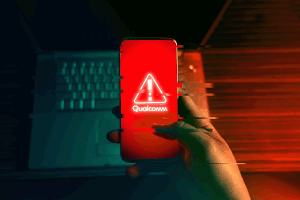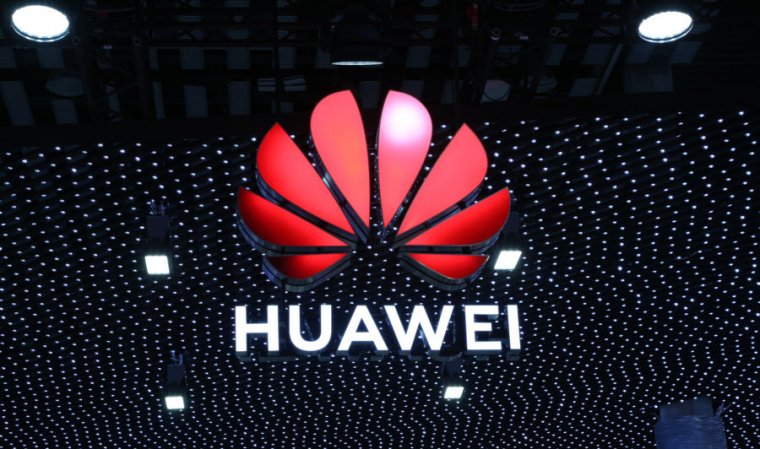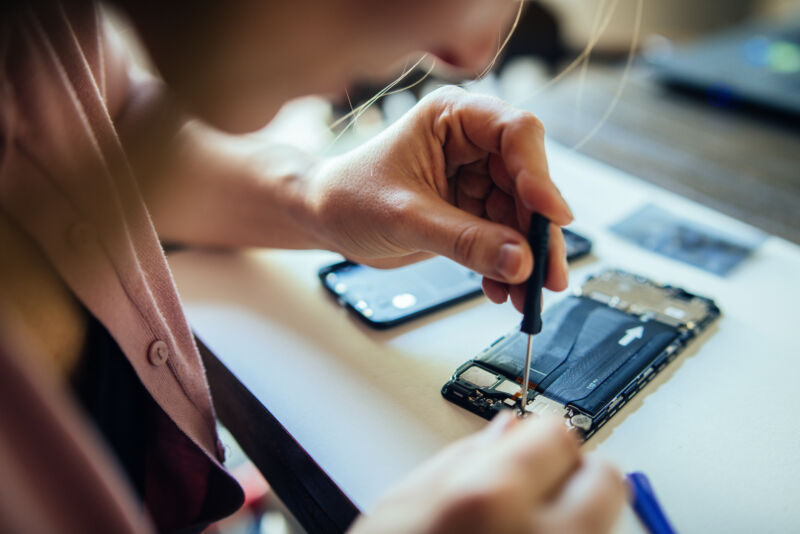-
chevron_right
If you really want kids to spend less time online, make space for them in the real world | Gaby Hinsliff
news.movim.eu / TheGuardian · Tuesday, 2 April - 05:00
Tech firms can do more, but it’s the government’s job to ensure children have safe places to play – and it’s not doing it
Three-quarters of children want to spend more time in nature. Having spent the Easter weekend trying to force four resistant teenagers off their phones and out for a nice walk over the Yorkshire Dales, admittedly I’ll have to take the National Trust’s word for this. But that’s what its survey of children aged between seven and 14 finds, anyway.
Kids don’t necessarily want to spend every waking minute hunched over a screen, however strongly they give that impression; even though retreating online satisfies the developmentally important desire to escape their annoying parents, even teenagers still want to run wild in the real world occasionally. Their relationship with phones is complex and maddening, but not a million miles off adults’ own love-hate relationship with social media; a greasy sugar-rush we crave but rarely feel better for indulging. Yet lately, longstanding parental unease over children’s screen habits has been hardening into something more like revolt.
Gaby Hinsliff is a Guardian columnist
Continue reading...




